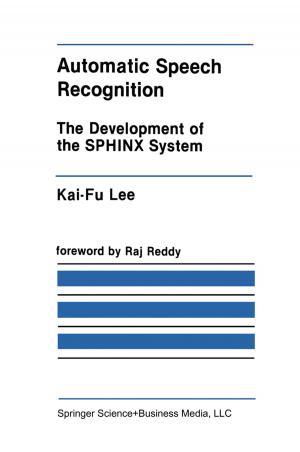The Heroin Stimulus
Implications for a Theory of Addiction
Nonfiction, Health & Well Being, Medical, Specialties, Psychiatry| Author: | ISBN: | 9781468434262 | |
| Publisher: | Springer US | Publication: | December 6, 2012 |
| Imprint: | Springer | Language: | English |
| Author: | |
| ISBN: | 9781468434262 |
| Publisher: | Springer US |
| Publication: | December 6, 2012 |
| Imprint: | Springer |
| Language: | English |
The simple fact that the authors were able to give injectable heroin to volunteers for addictive self-administration at a Harvard facility may elude the notice it deserves. On the other hand, resec:irch questions center ing on whether heroin is linked to a craving for pleasure or relief of pain might raise the transplanted hackles of those who simplistically see scien tists as pursuing only transparent trivialities. In truth, this report is about a historical and pioneering step in clinical research on a major unsolved problem of the biological-social-psychological roots of addiction. The research questions posed are clearly relevant both to the design of effec tive treatments (and treatment policy) and to the basic science search that could help our understanding of how addictive drugs capture such power ful control over behavior. Heroin was synthesized and has been available, along with aspirin, for over three-quarters of a century. Yet with all the tools of Western sci ence, and with the enormous and growing social, personal, and economic costs of world-wide heroin use, we-surprisingly--
The simple fact that the authors were able to give injectable heroin to volunteers for addictive self-administration at a Harvard facility may elude the notice it deserves. On the other hand, resec:irch questions center ing on whether heroin is linked to a craving for pleasure or relief of pain might raise the transplanted hackles of those who simplistically see scien tists as pursuing only transparent trivialities. In truth, this report is about a historical and pioneering step in clinical research on a major unsolved problem of the biological-social-psychological roots of addiction. The research questions posed are clearly relevant both to the design of effec tive treatments (and treatment policy) and to the basic science search that could help our understanding of how addictive drugs capture such power ful control over behavior. Heroin was synthesized and has been available, along with aspirin, for over three-quarters of a century. Yet with all the tools of Western sci ence, and with the enormous and growing social, personal, and economic costs of world-wide heroin use, we-surprisingly--















